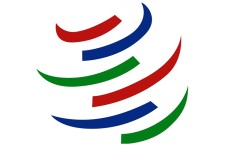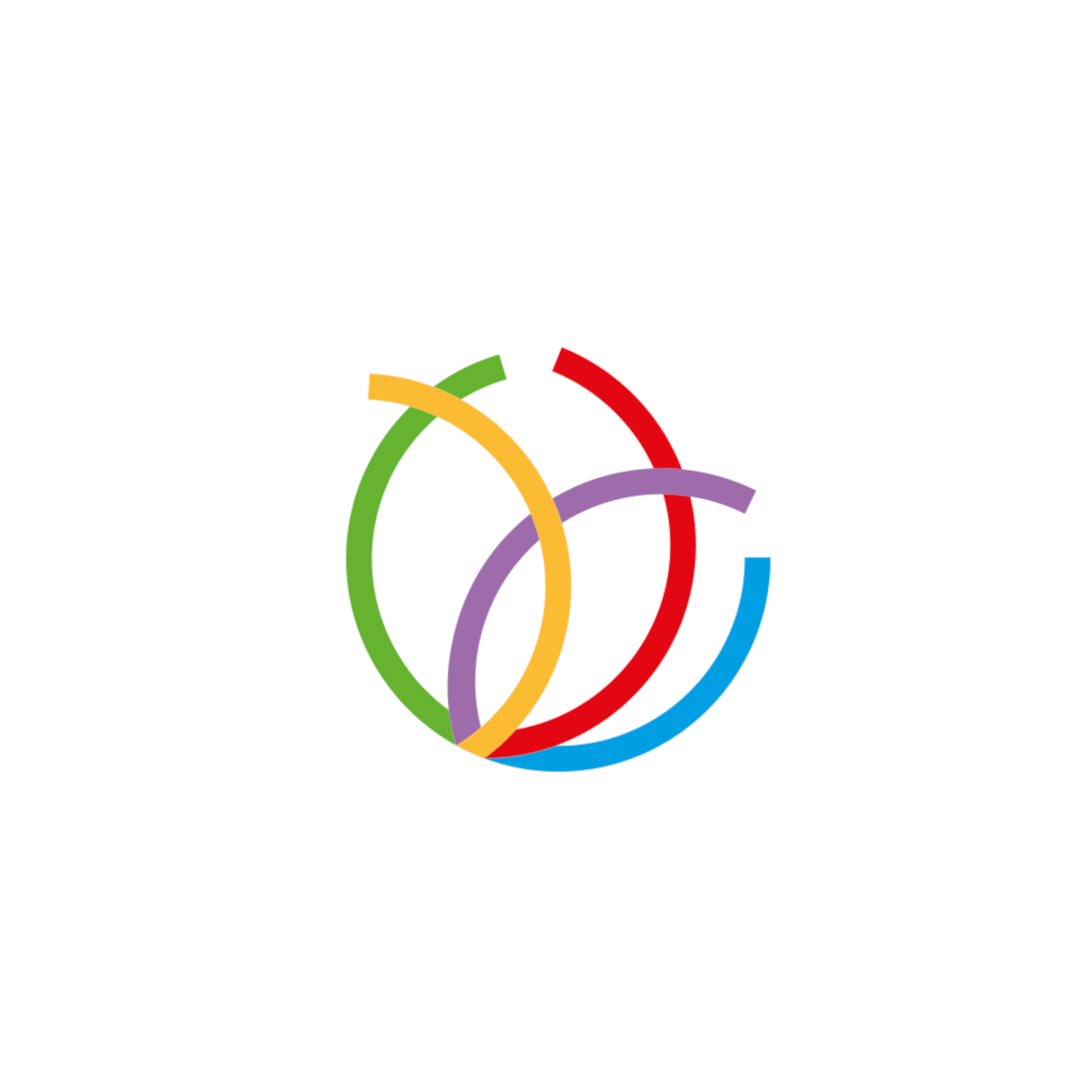World Trade Organization (WTO)

The overall objective of the WTO is to help its members use trade as a means to raise living standards, create jobs and improve people’s lives. The WTO operates the global system of trade rules and helps developing countries build their trade capacity. It also provides a forum for its members to negotiate trade agreements and to resolve the trade problems they face with each other.
While the WTO is driven by its member states, it could not function without its Secretariat to coordinate the activities. The Secretariat employs over 600 staff, and its experts — lawyers, economists, statisticians and communications experts — assist WTO members on a daily basis to ensure, among other things, that negotiations progress smoothly, and that the rules of international trade are correctly applied and enforced.
Its role is
- Trade negotiations
- Implementation and monitoring
- Dispute settlement
- Building trade capacity
- Outreach
The World Trade Organization (WTO) is an intergovernmental organization that regulates and facilitates international trade. With effective cooperation in the United Nations System, governments use the organization to establish, revise, and enforce the rules that govern international trade.
It officially commenced operations on 1 January 1995, pursuant to the 1994 Marrakesh Agreement, thus replacing the General Agreement on Tariffs and Trade (GATT) that had been established in 1948. The WTO is the world's largest international economic organization, with 164 member states representing over 98% of global trade and global GDP.[8][9][10]
The WTO is headquartered in Geneva, Switzerland.
The WTO is not a UN agency.
Trade plays a critical role in ensuring access to medical goods and services. WTO therefore has an important influence on health issues.
- International organization (except United Nations)
- Public health, global health
- Public health action
- Mainly international

